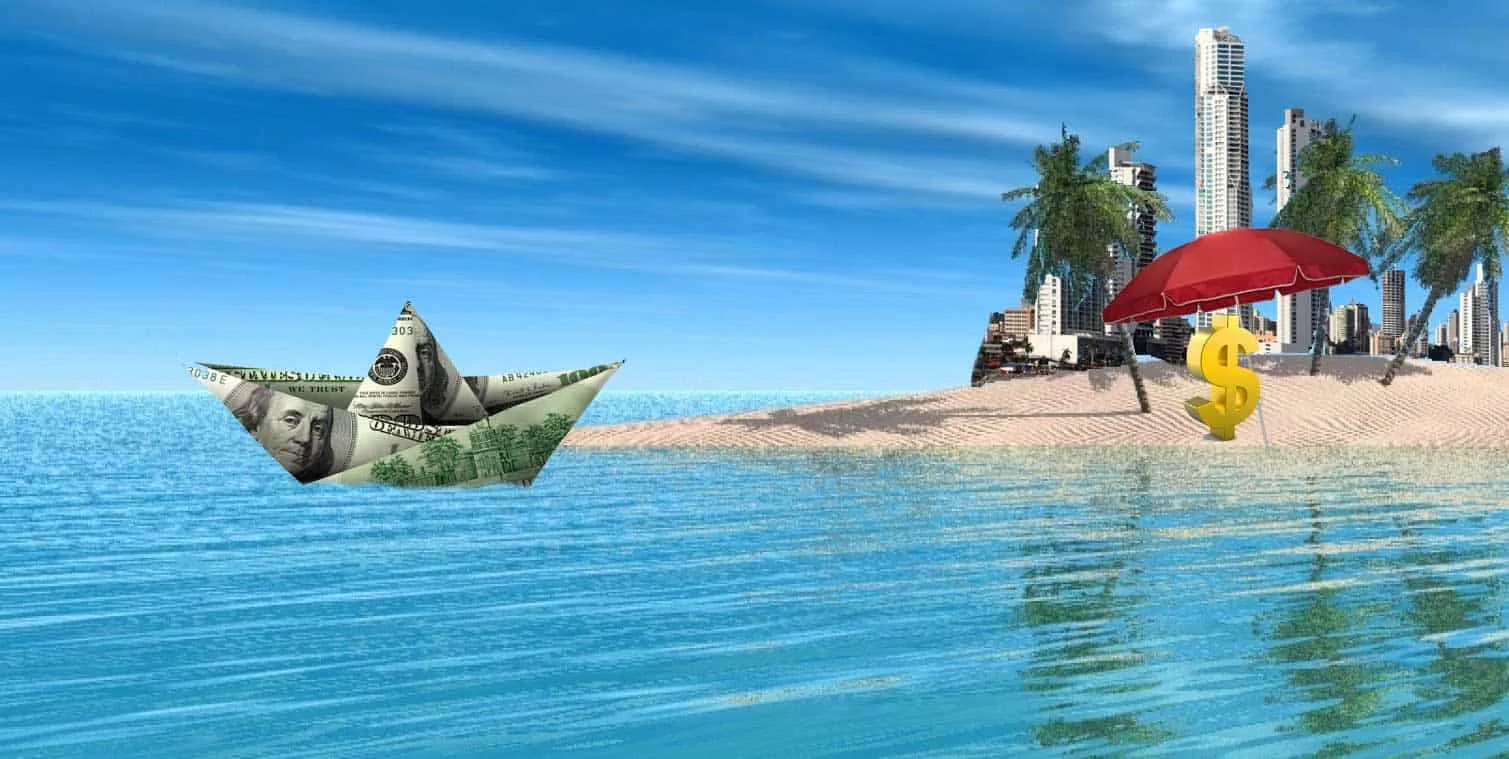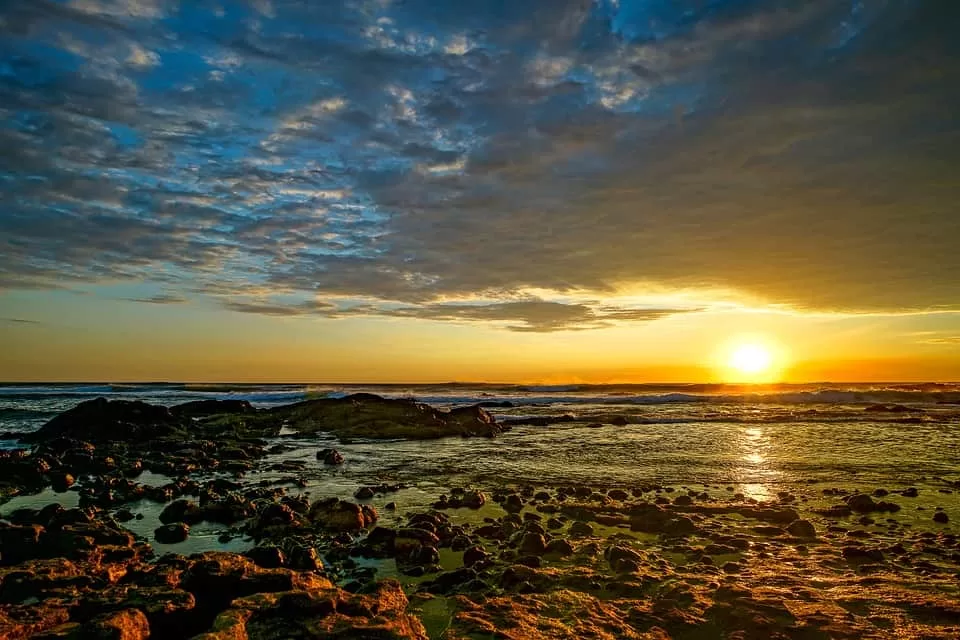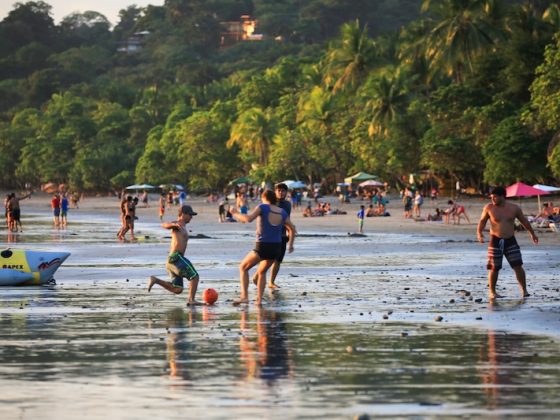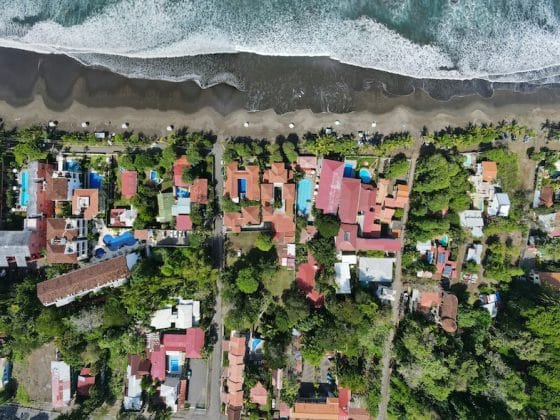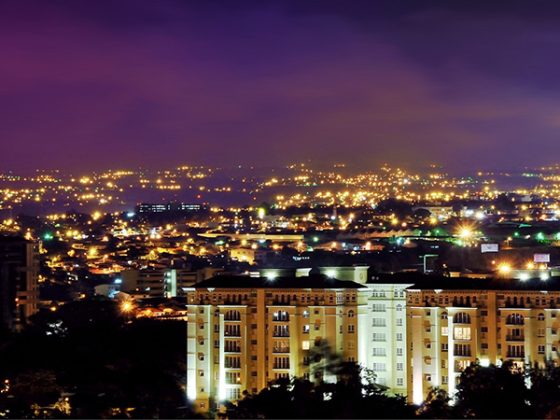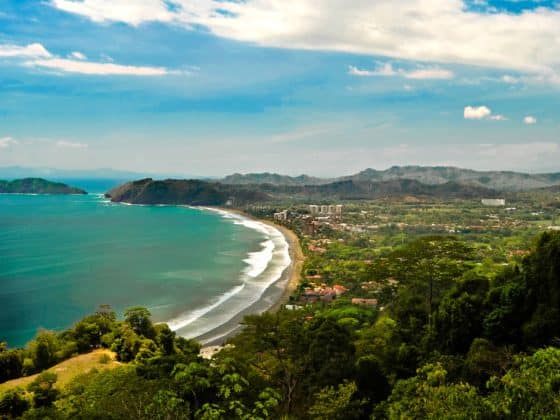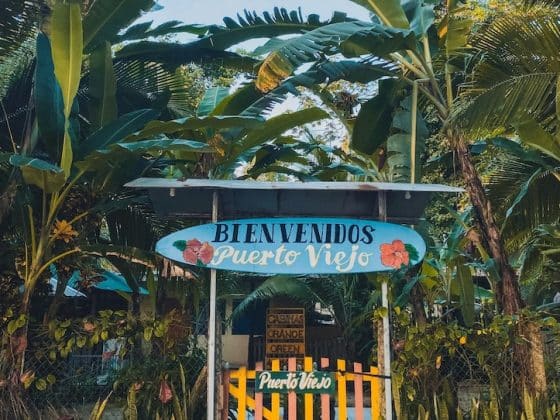The real estate business in Costa Rica has grown exponentially over the last several years, as many folks have recently realized the incredible benefits of living in a tropical paradise.
Aside from the long ribbons of sandy beaches, thickets of rainforest jungles, and year-round warm weather, Costa Rica stands apart from the rest of Central America as one of the most stable democracies.
With tourism on the rise here, the Costa Rican economy is flourishing. There has never been a better time to consider buying some property and escaping to Costa Rica. However, there are certain things to consider when purchasing real estate in Costa Rica.
Find a Reliable Lawyer
First things first, if you’re planning on buying property in Costa Rica, you will need to locate a trustworthy attorney to help you navigate the property laws here. Read reviews, google potential attorneys, or ask your friends to recommend someone whom they absolutely trust. You may also be able to get some recommendations from your country’s embassy in Costa Rica.
Do Property Information Research
By law in Costa Rica, all titled properties are required to be registered with the Registro Publico (Public Register), and your lawyer can do a property search to there to locate the information about the property you are interested in purchasing.
This property search can be conducted using the “Folio Real”, which is the title registration number of the property. Once you know the Folio Real, searching the Registro Publico’s database will be much easier. The Registro’s report on the property contains important information, such as location, size, name of the title holder, and previous records of the property that might affect the title.
The Costa Rican law involving titles follows a “first come, first served” notion. The title details are organized in reverse chronological order, and it’s imperative that your lawyer research all the way back to the beginning, to make sure there are no conflicts in the titles that would prevent your purchase.
Transfer Deed
The transfer deed is exactly what it sounds like: a document that transfers the ownership of the property. The property buyers and the property owner sign the transfer deed in the presence of an attorney in order to make the transfer. Then the lawyer draws up the final transfer deed and takes it to the Registro Publico in order to register the sale.
If the buyers choose to pay in cash, the it is customary for them to choose the lawyer who will draft the transfer deed. The transfer can be made in several other ways if the buyers choose to finance the purchase instead.
Closing Costs
Normally, the buyer and seller split the closing costs in half, but the percentage of the split can be negotiated within the contract.
Taxes
The buyers are required to purchase the following Documentary Stamps: National Archive, Fiscal, Hospital, Agrarian, Municipal, and Bar Association. The stamps will cost .55% of the total sale price. You will also be required to pay a Registration fee of 0.5% of the total sales fee and a Real Estate Transfer Tax, which is 3% of the total sales fee.
Notary Fees
The Notary Fees cost 1.5% of the first five thousand dollars, or 1 million colones, and 1.25% of the balance.
Mortgage Registration Fees
It is custom that the person receiving financing pays for the drafting and registering of the mortgage. A mortgage clause may be added to the transfer deed at the time of sale, which will effectively issue the mortgage itself. The cost of adding a mortgage within a deed is .25% in registration fees and .53% in documentary stamps. The notary gets between .5% and 1.25% of the amount of the mortgage for drafting the document.
Normally, the amount registered for a property is much less than the actual sale price. All of the fees and taxes are considered a percentage of the reduced sale price, with the exception of the Notary. Since the notary drew up the papers, he or she knows how much money was actually exchanged. For this reason, the notary will collect their full .5%-1.25% of the mortgage.
Registering the Transfer Deed
The following documents must be taken by you or your attorney to the Registro Publico in order to register your transfer deed:
- Certifications from both the Finance Ministry and the local Municipality, confirming that all seller’s property taxes have been paid and that the buyer and seller are up to date on municipal taxes.
- Proof of payment of all registration fees and taxes
- Proof of the resolution of all prior mortgages, liens, and/or judgements
Once you have paid all of your fees, be sure that the lawyer who drew up your transfer deed has registered it in the proper section of the Registro. After 45 to 60 business days, the transfer deed should be properly registered. Follow up with the notary to make sure it has been filed in the proper place.
Contact Author
"*" indicates required fields
Stay Ahead on Every Adventure!
Stay updated with the World News on Escape Artist. Get all the travel news, international destinations, expat living, moving abroad, Lifestyle Tips, and digital nomad opportunities. Your next journey starts here—don’t miss a moment! Subscribe Now!
